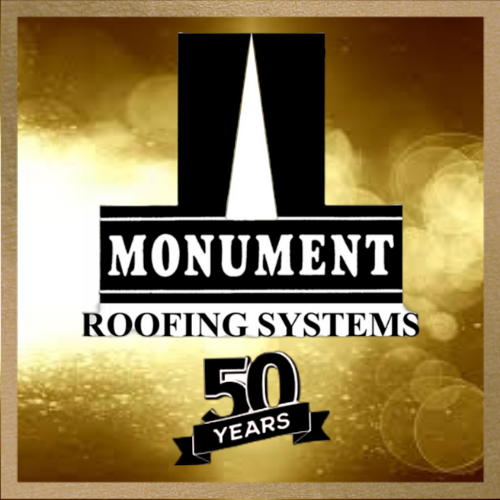Making Sense of Commercial Roofing Jargon
Commercial roofing involves several specialized terms that are essential for owners to understand.
The most commonly used term in commercial roofing is "Membrane Roofing," which refers to a type of roofing system that consists of a thin, flexible sheet of waterproof material.
This membrane is typically made from materials like TPO (thermoplastic polyolefin) or PVC (polyvinyl chloride). Membrane roofing is favored for its durability, resistance to UV rays, and ability to handle temperature fluctuations, making it a popular choice for commercial buildings.
Other Important terms to understand include…
Roof Deck: The structural base or foundation of the roofing system, typically made of plywood, metal, or concrete, onto which the roofing materials are installed.
Flashing: Weatherproofing components, usually made of metal, installed around roof penetrations (vents, chimneys, etc.) and along roof edges to prevent water infiltration.
Soffit: The underside of the roof's overhang, often ventilated to allow air circulation in the attic space, preventing moisture buildup.
Fascia: A vertical finishing edge installed along the roofline, connecting the roof's outer surface with the soffit.
R-Value: A measure of thermal resistance, indicating how well a roofing material insulates against heat transfer.
Roofing Uplift: The force exerted by wind on a roof surface, which can lead to roof damage if not properly accounted for in the design.
Parapet Wall: A low wall or railing that extends above the roofline, serving as a protective barrier around the perimeter of a flat roof.
Pitch: The slope or angle of the roof, often expressed as a ratio, such as 1:12 or 4:12, indicating the vertical rise over a specified horizontal distance.
Understanding these terms is essential for effective communication and successful execution of commercial roofing projects.
If your roof is in need of replacement or repair, or if you have any questions about your commercial roof, Monument’s team is here to help. Contact us at 409-860-9343.

